Former Director of Studies at MSF-Crash
Laurence Binet
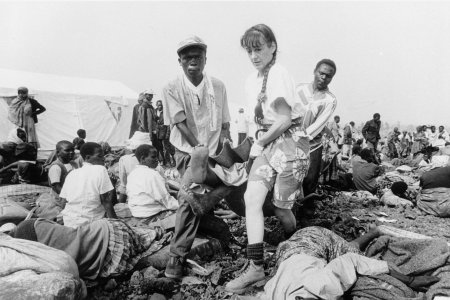 Remco Bohle
Speaking Out Case Studies
Remco Bohle
Speaking Out Case Studies
Rwandan Refugee Camps in Zaire and Tanzania 1994-1995
04/03/2014 Laurence BinetThis case study is describing the constraints and dilemmas met by MSF when confronted with camps under the tight control of "refugee leaders" responsible for the genocide of the Rwandan Tutsis from April to June 1994.
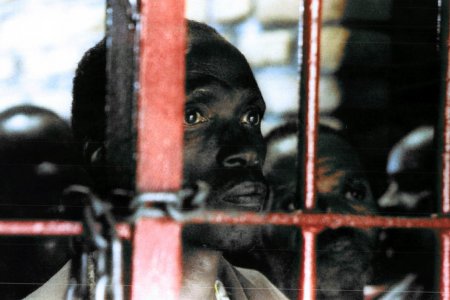 Corinne Dufka
Speaking Out Case Studies
Corinne Dufka
Speaking Out Case Studies
The violence of the new Rwandan regime 1994-1995
04/03/2014 Laurence BinetThis case study is describing the difficulties and dilemmas that Médecins Sans Frontières faced in 1994 and 1995 when confronted with the abuses and crimes of the new regime that had taken over in Rwanda in July 1994.
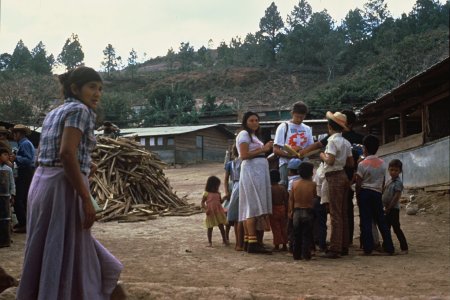 MSF
Speaking Out Case Studies
MSF
Speaking Out Case Studies
Salvadoran Refugees Camps in Honduras 1988
12/17/2013 Laurence BinetThe « Salvadoran Refugee Camps in Honduras 1988 » case study describes the dilemmas regarding a stance that ... was not supposed to be public.
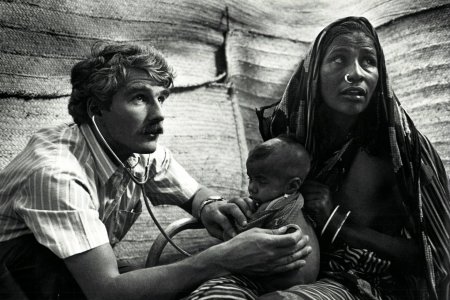 Sebastiao Salgado
Speaking Out Case Studies
Sebastiao Salgado
Speaking Out Case Studies
Famine and Forced Relocations in Ethiopia 1984-1986
11/13/2013 Laurence BinetThe "Famine and Forced Relocations in Ethiopia 1984-1986" case study is describing the difficulties and dilemmas met by MSF during the famine that decimated the Ethiopian population in 1984-1985.
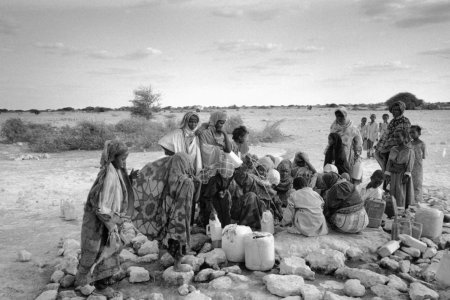 Petterik Wiggers
Speaking Out Case Studies
Petterik Wiggers
Speaking Out Case Studies
Somalia 1991-1993: Civil War, Famine Alert and a UN “Military-Humanitarian” Intervention
11/13/2013 Laurence BinetThe ‘Somalia 1991-1993: Civil War, Famine Alert and a UN "Military-Humanitarian" Intervention‘ case study is describing the difficulties and dilemmas met by MSF during the first years that it was committed to helping the Somali people.
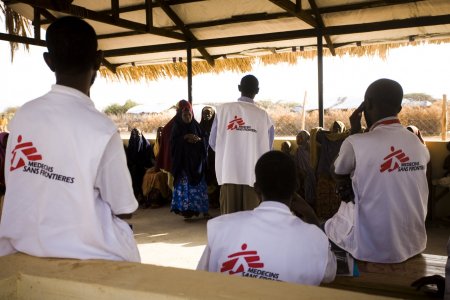 Dominic Nahr
News in brief
Dominic Nahr
News in brief
MSF launches website revealing insights to its decisions to speak out on crises
10/03/2013 Laurence BinetMédecins Sans Frontières is today launching an educational website "Speaking Out" that provides unprecedented insight into its decisions during key humanitarian crises of the past 40 years.
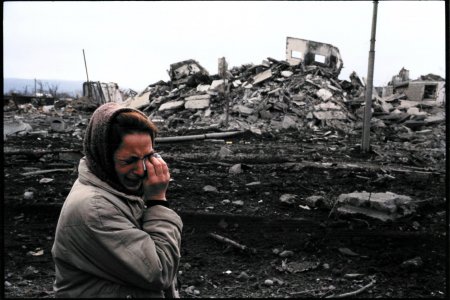 Eric Bouvet
Speaking Out Case Studies
Eric Bouvet
Speaking Out Case Studies
War crimes and politics of terror in Chechnya (1994-2004)
07/15/2010 Laurence BinetThe ‘War crimes and politics of terror in Chechnya 1994-2004’ case study describes the constraints, questions and dilemmas experienced by MSF while speaking out during the two Russian-Chechen wars and the following years of ‘normalization’.
